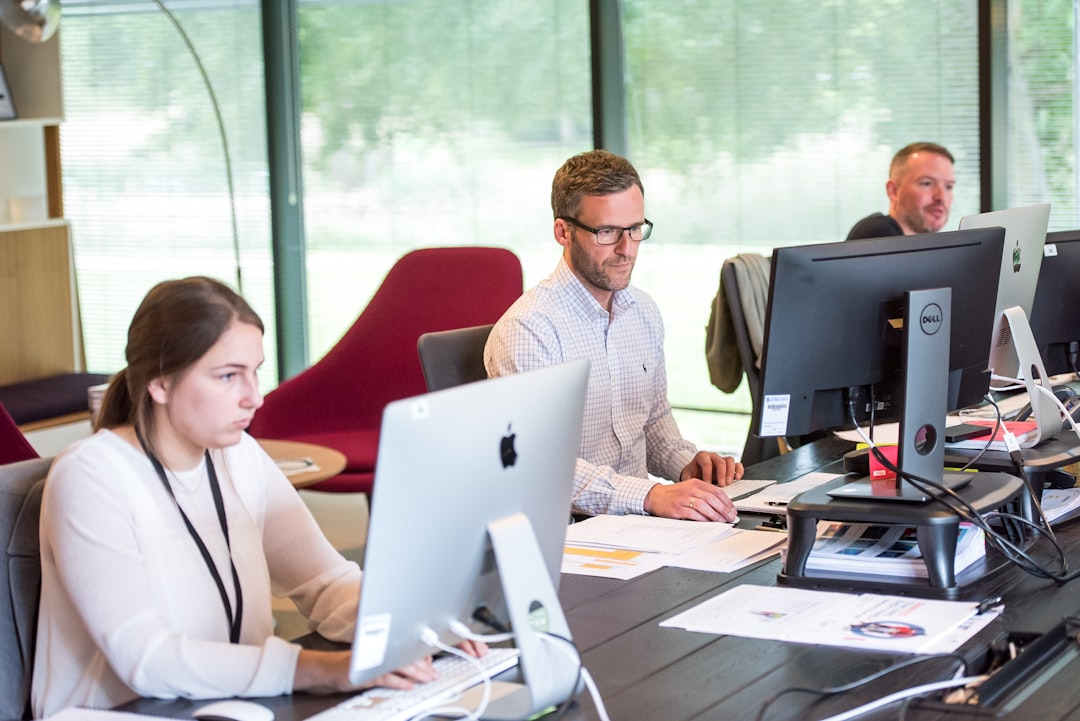In Georgia, nonprofits serve as vital anchors, addressing consumer challenges by offering legal education, advocacy, and free aid. They fill gaps left by traditional services, providing safe spaces for concern voicing and resource access without charging fees. These organizations, like the Georgia Consumer Protection Division and National Consumer Law Center chapters, empower residents to navigate complex situations, fostering a fair market environment. Accessing their services is simple via official websites, online forms, or local community centers, avoiding the need to engage costly lawyers or law firms in Georgia.
In Georgia, consumers often face complex challenges that require assistance and advocacy. From financial difficulties to consumer rights, the need for support is vast. Enter nonprofit organizations, acting as a lifeline for many residents. This article explores how these invaluable groups are making a significant impact, providing essential services without the need to call a lawyer or attorney in Georgia. We’ll highlight key nonprofits, their roles, and access points for consumers seeking help.
Understanding the Need for Consumer Assistance in Georgia

In the state of Georgia, consumers often face a myriad of challenges that require assistance and support. From financial difficulties to issues with products and services, the need for consumer protection and help is vast. Many Georgians may not have access to legal resources or be aware of their rights, creating a gap in support. This is where nonprofit organizations step in as vital anchors, providing much-needed aid to consumers across the state.
Nonprofit groups offer a unique and essential service by educating consumers about their rights and empowering them to make informed decisions. They facilitate access to resources, advocate for policy changes, and provide a safe space for individuals to voice their concerns. Unlike law firms or attorneys in Georgia, these organizations do not charge fees, ensuring help is available to all regardless of financial status. Their presence is crucial in ensuring consumers are not left vulnerable to unfair practices, especially when dealing with complex legal matters that may arise in daily life.
The Role of Nonprofits in Supporting Georgia Residents

Nonprofit organizations play a pivotal role in supporting and empowering Georgia residents by addressing various social and economic needs across the state. These organizations, driven by a mission to serve and benefit communities, often step into gaps left unfilled by traditional government services or for-profit businesses. They provide essential resources and programs tailored to the unique challenges faced by Georgians, fostering resilience and enhancing the overall quality of life.
From offering legal aid and advocacy to low-income families, to organizing community development initiatives and promoting accessible education, these nonprofits act as catalysts for positive change. By collaborating with local governments, businesses, and volunteers, they create sustainable solutions that cater to the specific requirements of Georgia’s diverse population. This collective effort ensures that residents have access to much-needed services, fostering a stronger, more resilient society.
Key Nonprofit Organizations Helping Georgia Consumers

In the vibrant landscape of Georgia, several nonprofit organizations have emerged as pillars of support for consumers navigating various challenges. These game-changers offer a wide array of services, from legal aid to financial literacy programs, ensuring that residents have access to resources that empower them. Among the key players are organizations dedicated to consumer protection and advocacy, serving as a testament to the state’s commitment to fostering a fair and transparent market.
One notable entity is the Georgia Consumer Protection Division, which acts as a vigilant guardian against unfair business practices. They provide education, assistance, and legal support to consumers facing issues with businesses, landlords, or financial institutions. Additionally, local chapters of national nonprofit networks, such as the National Consumer Law Center, offer free legal clinics and advice, ensuring that low-income Georgians have access to justice. These organizations, among others, form a crucial network, helping residents navigate complexities without the need for a lawyer Georgia or any law firm Georgia.
How to Access Services and Resources Offered by These Nonprofits

Accessing services and resources provided by nonprofit organizations assisting Georgia consumers is straightforward. Interested individuals can start by visiting the official websites of these nonprofits, which often detail the available programs and how to apply. Many offer online forms or contact information for inquiries. For those seeking legal aid without engaging a lawyer in Georgia or any attorney at a law firm in Georgia, these nonprofits provide free consultations and services tailored to various consumer needs.
Additionally, local community centers, libraries, and government offices often serve as access points for these nonprofit resources. In-person visits can offer direct assistance and guidance on navigating consumer rights and available support. Remember, these organizations are dedicated to helping Georgians and do not operate like law firms or require individuals to become clients or pay legal fees. They aim to empower consumers through education, advocacy, and practical solutions.






